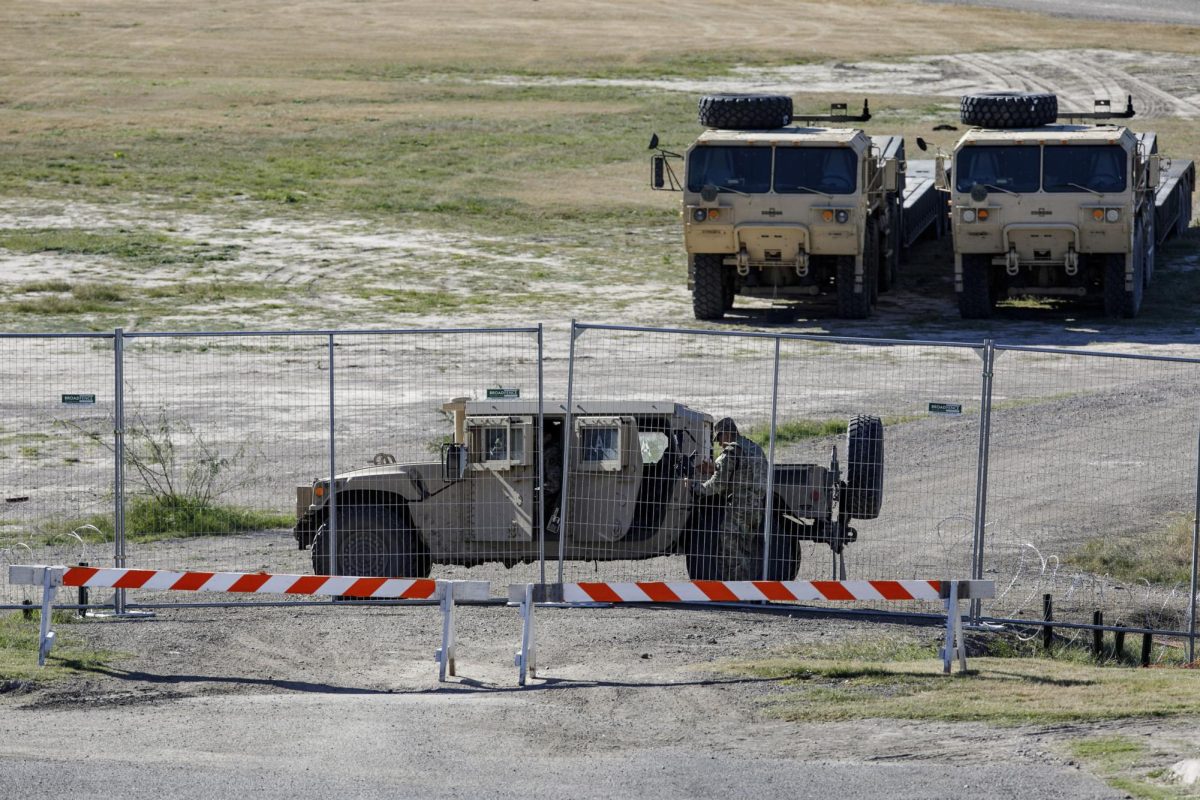The summer of 2023 has forced farmers and ranchers across Texas to battle an extreme drought and continual high temperatures. Many face issues growing anything at all, while others are being forced to sell their herds. In many locations across Texas, this summer’s drought has reached record breaking numbers.
Many farmers and ranchers fear that this year’s drought will match up with the droughts of 2011 and 2022 leaving Texans with the driest year on record, and causing billions of dollars worth of crop and livestock losses.
According to the Texas Department of Agriculture, it is something that will ultimately affect all Texans due to the severe hit to our state wide food supply.
Tarleton State University student, Autumn Chaka, got a first hand look at this devastating drought over the summer at her internship with GKB Cattle. During her internship Chaka assisted with any projects where she was needed “whether it be at the chute or in the office.”
After being able to witness both sides of the operation, Chaka states that she “truly gained experience from seeing how a large, prestigious operation worked.”
Chaka mentioned that the main effect of the drought that she witnessed was the struggle to keep grass in the pastures for cattle. The lack of grass forced farmers and ranchers to supplement more thoroughly with feed and hay, ultimately causing feed bills to skyrocket. Another main concern the drought has brought to the forefront is the increase in grass fires. With the ability to destroy family farms and commercial operations in the matter of minutes, Chaka states that these fires have had many “farmers and ranchers on the lookout.”
With deep roots in the agriculture community of her home town in Three Rivers, Texas, Chaka expressed that she too is concerned about how this drought is affecting not only her small operation, but also the farms and ranching operations located in South Texas.
Although this destructive drought continues to relentlessly bombard farms and ranches across Texas, many farmers and ranchers are beginning to look for ways to move forward and appreciate the little they have been given over this past summer as well as obtain more specific knowledge on how to accurately handle severe droughts of this caliber in the upcoming years. “If farmers and ranchers continue to appreciate their land and continue proper management, forwards is the only way to go,” Chaka concluded.




